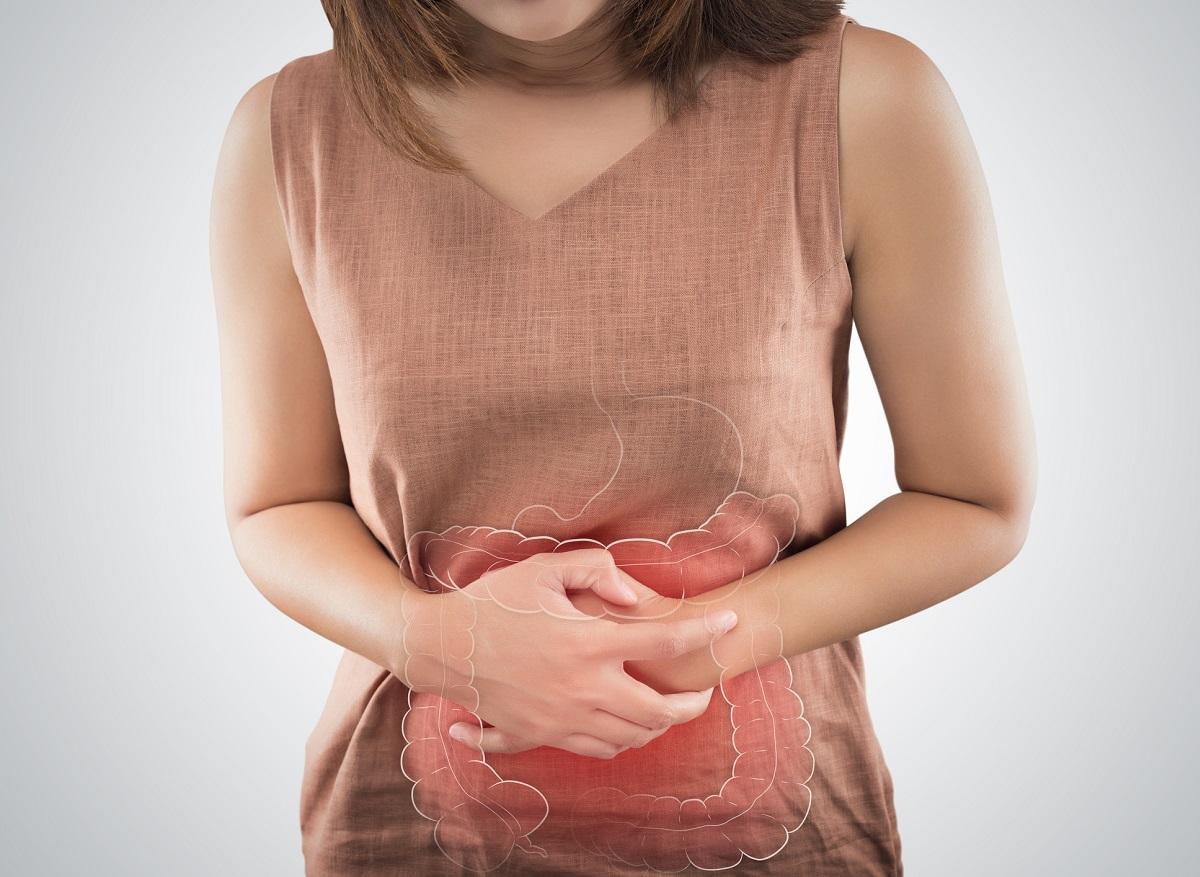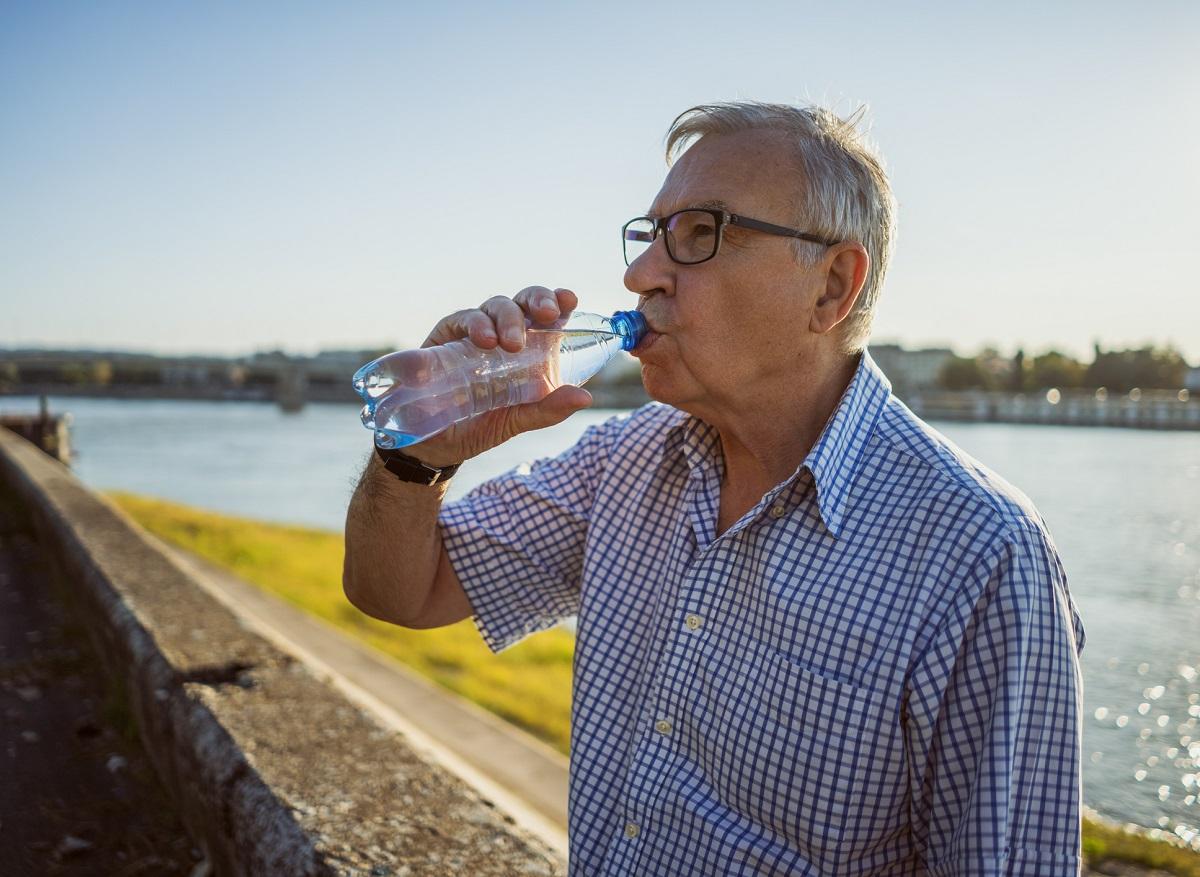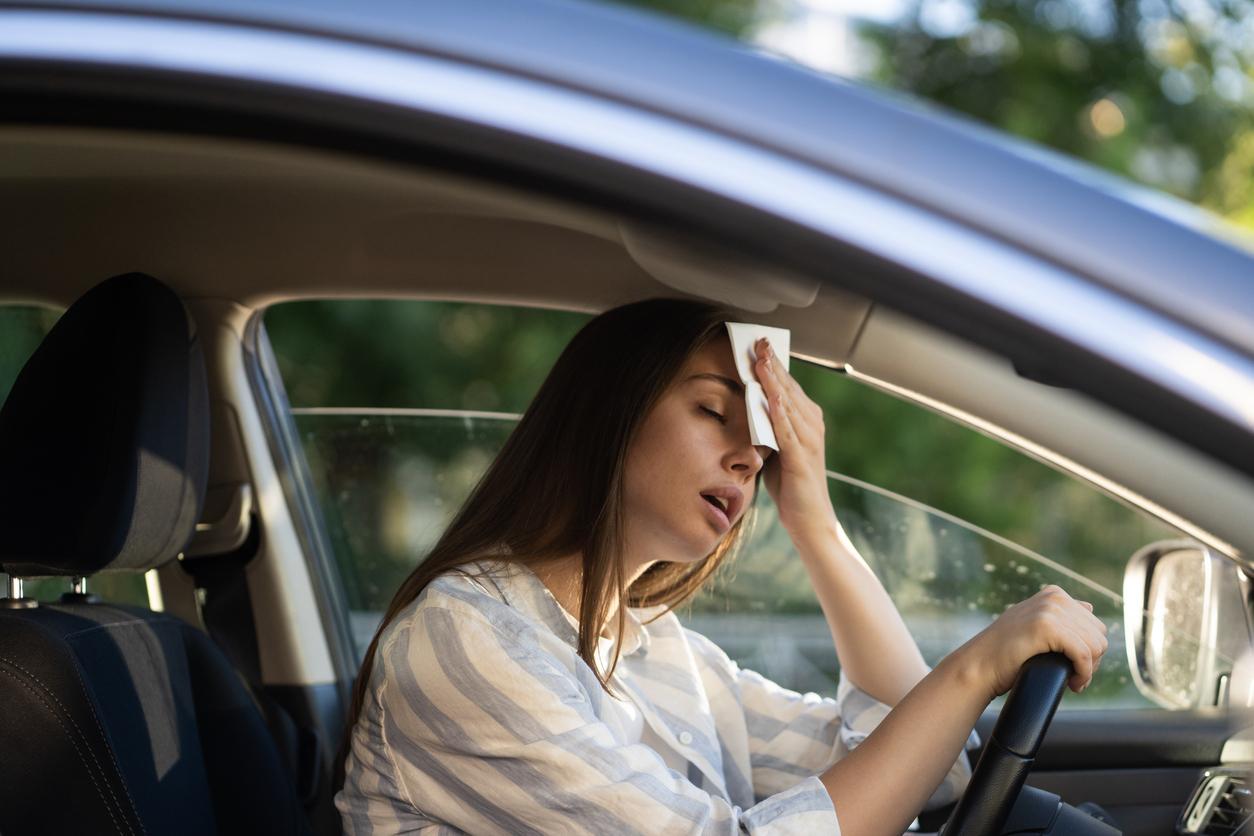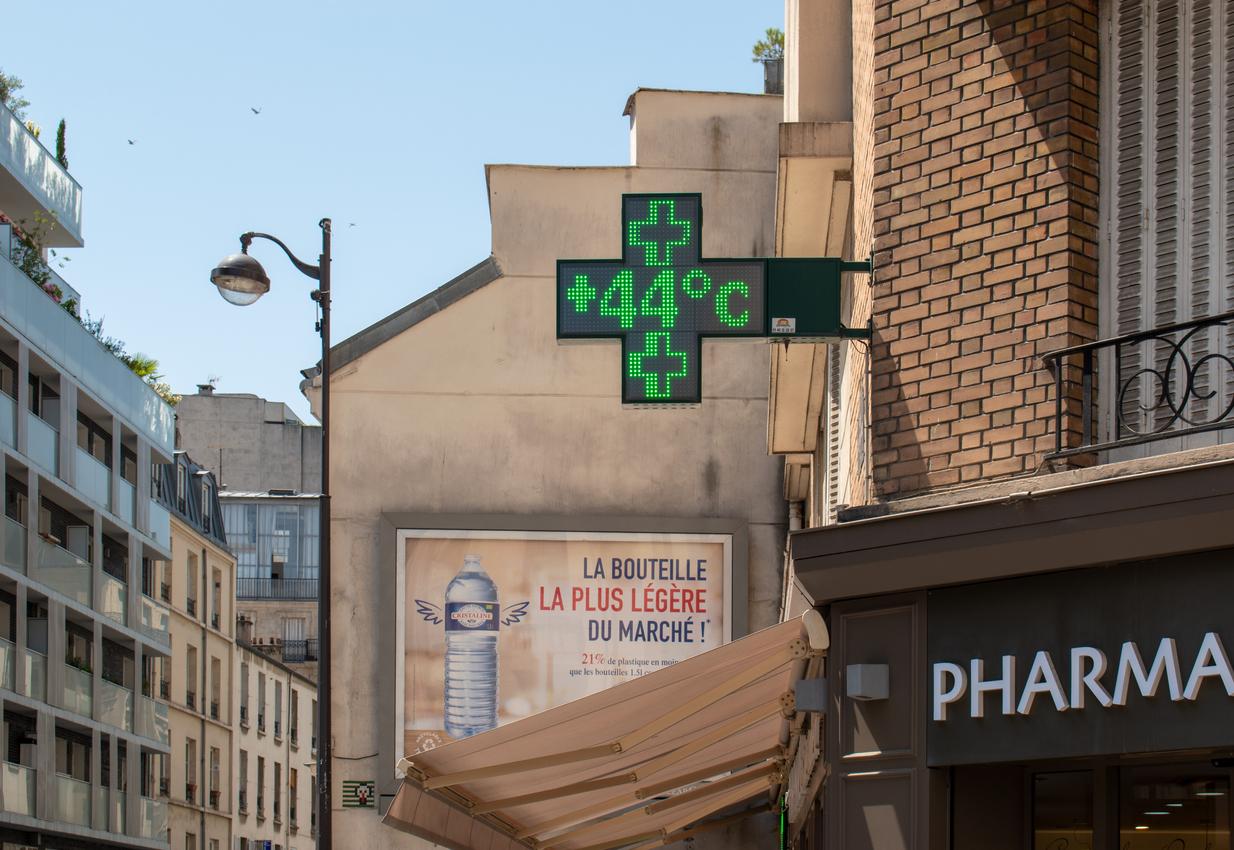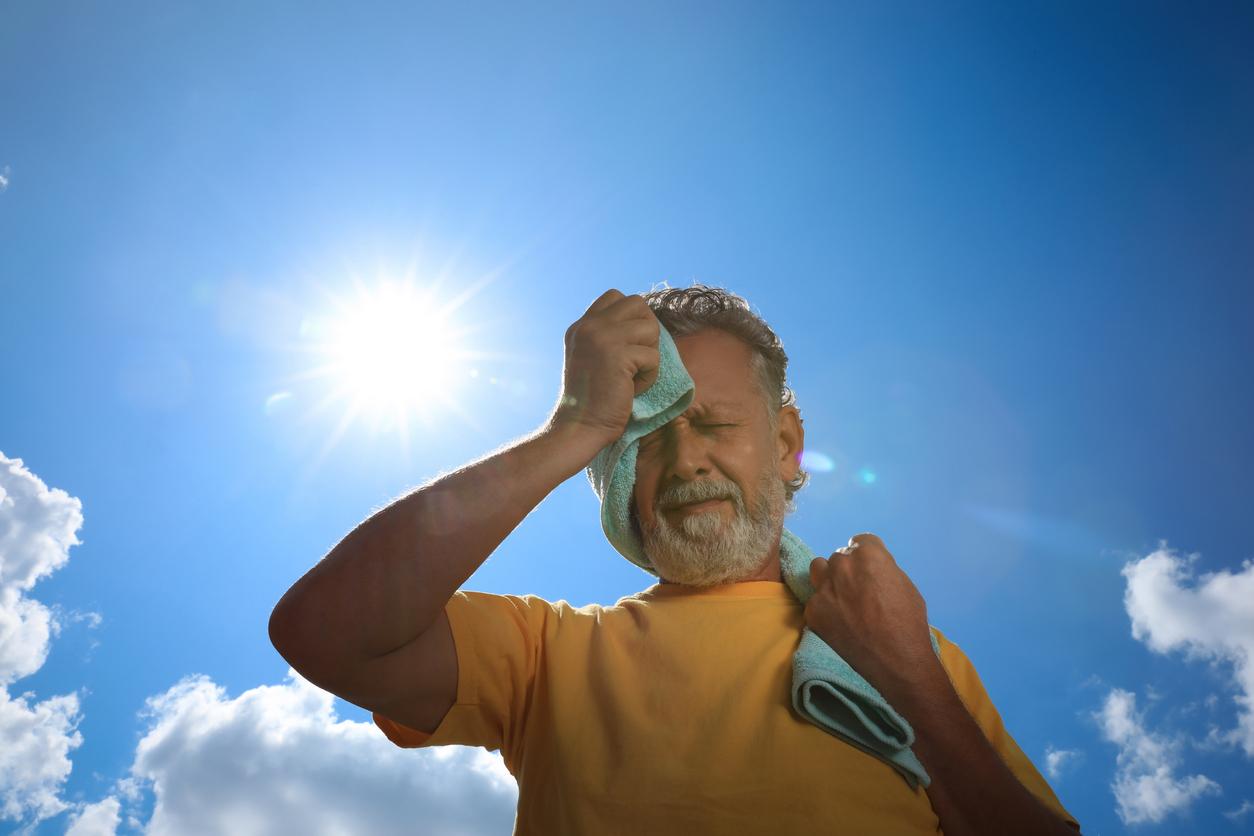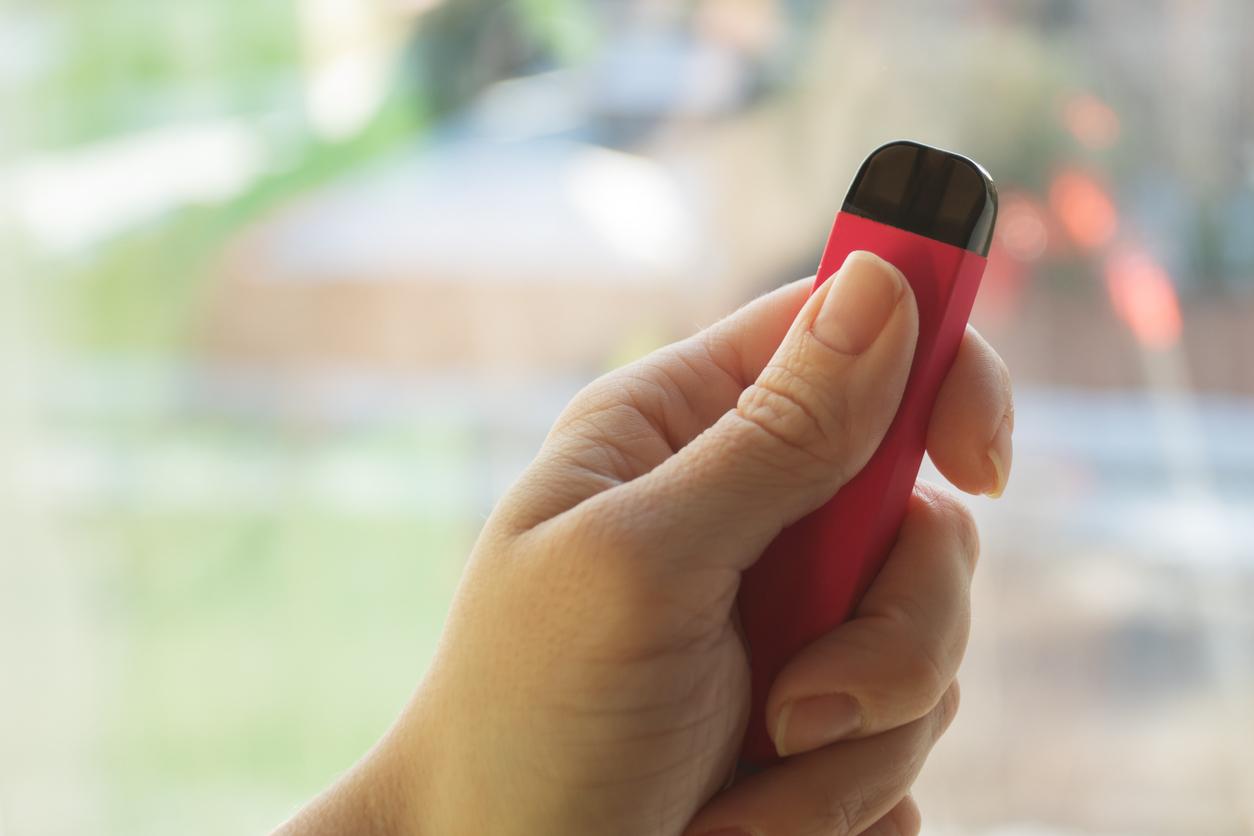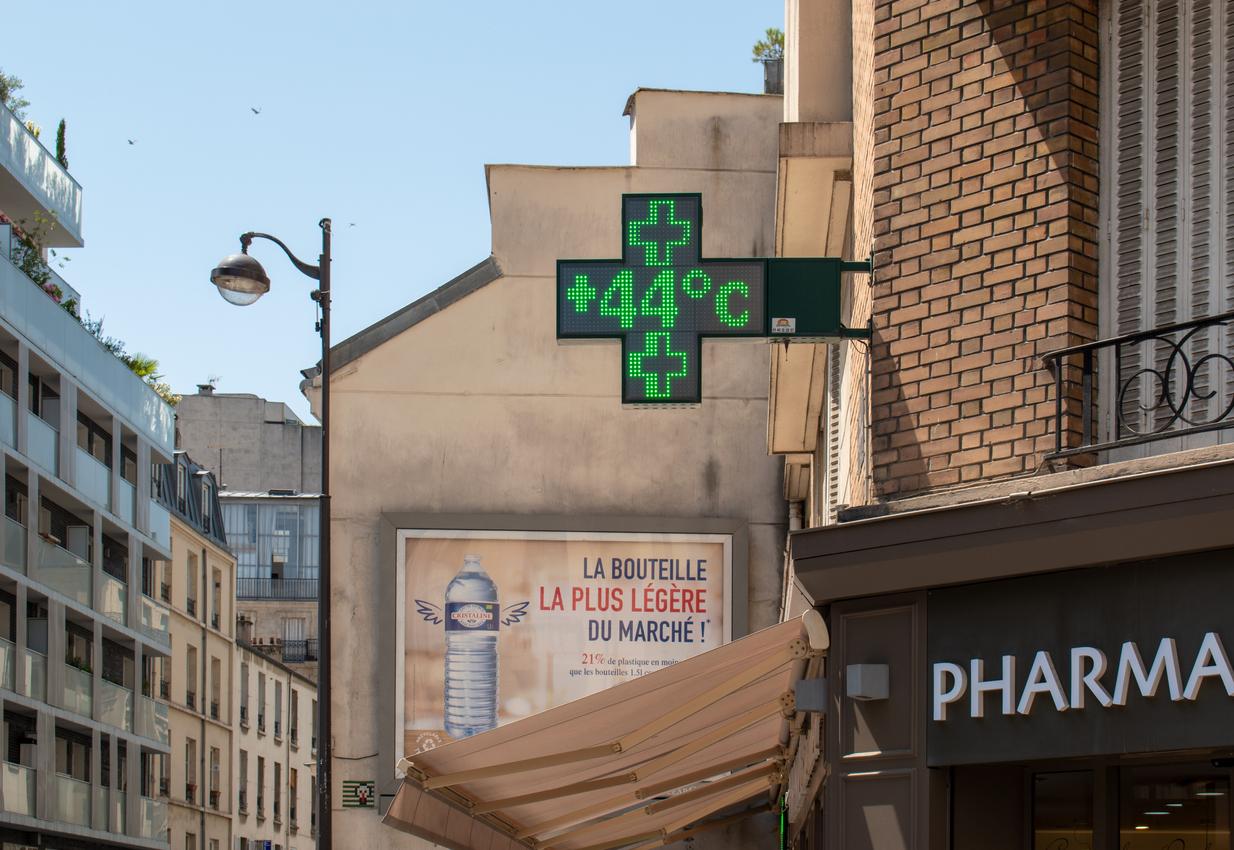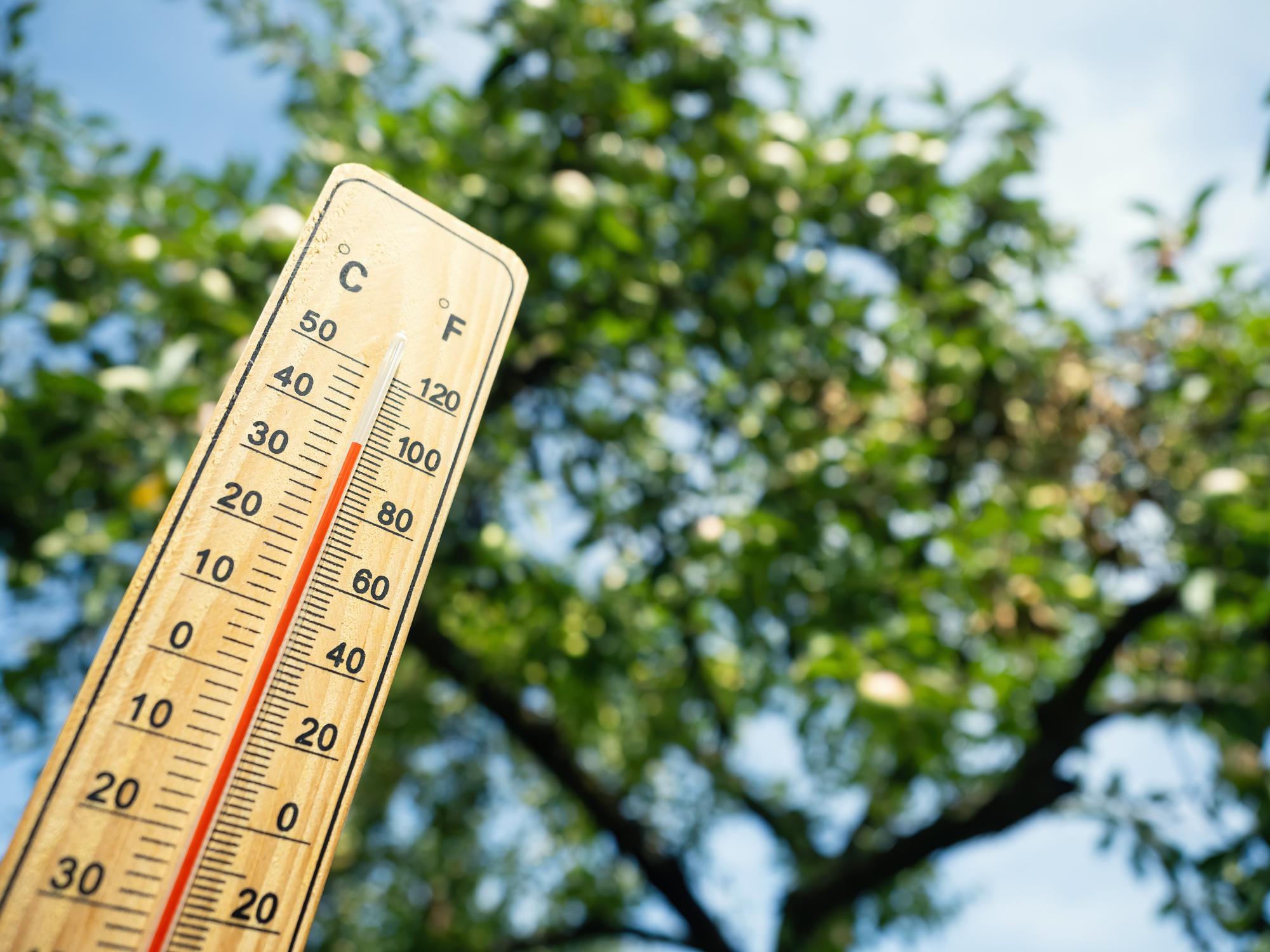An exceptional heat wave, with temperatures locally exceeding 40°C, is expected next week.
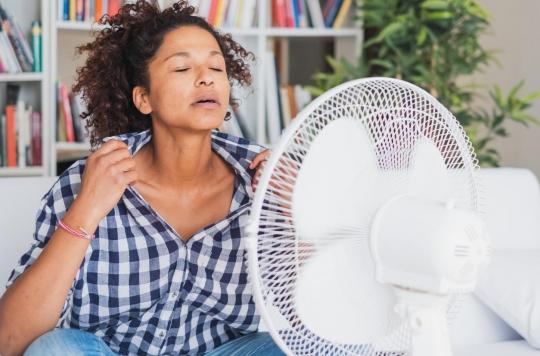
The weather experts are formal: France should expect a heat wave from next Tuesday. With the exception of Brittany, all regions will be affected, and the thermometer will flirt with 40°C in the south-east of the country, while the 35°C mark will be exceeded in Île-de-France.
The National Syndicate of Dermatologists-Venereologists (SNDV) calls for the greatest vigilance during this period of announced heat wave. “In town too, UV rays are harmful and remain very dangerous for the skin, especially that of the youngest. Bathing in the sun during hot hours is dangerous for the skin, even if it brings comfort concerning “heatstroke” and is beneficial for the risk of dehydration. It exposes you to UV rays and its consequences in terms of burns, and, in the long term, to the risk of skin cancer, especially for young children”, explain the professionals.
Basic precautions
The SNDV would like to remind you of the basic precautions to take:
– avoid the sun during the hottest hours of the day (between 12 p.m. and 5 p.m. in particular);
– wear protective clothing
– favor dark colors and fabrics with tight fibres;
– avoid swimming in direct sunlight, especially in public places which pose, in addition to problems of reverberation (+10% reverberation on the water), questions of basic hygiene;
– put protective cream (index 50 and +) by applying it regularly (once every 2 hours minimum) on the exposed parts that cannot be protected by the garment;
– know that parasols or shaded places still allow 50% of UV rays to pass through;
– hydrate regularly;
– monitor the UV index every day (the SoleilRisk application is available free of charge on IPhone and Android).
“It is obviously not a question of preventing the French from taking advantage of this magnificent weather, but simply of warning them about risky behaviour. In town, you can have the feeling of being protected from the harmful effects of the sun. This is absolutely not the case”, warns the SNDV.
What are the health risks of heat waves?
Some individuals are more vulnerable to heat waves: the elderly, pregnant women, young children or even people with certain illnesses or taking medication.
To cope with high heat and stay at the right temperature, our body sweats a lot: we therefore lose water. Hence the need to hydrate regularly. On average, we recommend 30 ml of water per kilo of body weight, i.e. 1 liter to 1.5 liters of water, to which is added the water from foods such as fruits and vegetables (which provide an average of 1 liter of water per day). To this must be added half a liter more per day, for each degree above 38°C. This can be done with sodium-rich water, salty broth, vegetable soup or fruit juices (which provide potassium).
What are the signs of dehydration?
Apart from thirst, the first signs of dehydration are discreet: restlessness, sunken eyes, feeling of dry mouth, fatigue… Severe dehydration presents more symptoms: dry and cold skin, which lacks suppleness (a fold forms when the skin is lightly pinched between two fingers), headache, dizziness, malaise, lethargy, increased heart rate, weakness or listlessness, or conversely restlessness. In infants, moaning, a less responsive baby, difficult to wake up, dark circles under the eyes, rapid breathing are also observed.
In case of severe dehydration, especially in a person at risk, it is advisable to call for help quickly. While waiting for them, you can lay the person down and undress them, cool them with damp cloths and fan them. It is also necessary to compensate for its losses in water and salt by giving it frequently and more than usual drinks containing enough sugar and salt (sugar water, vegetable broth, etc.).
Also beware of heat stroke, or hyperthermia. It particularly concerns the elderly whose body sweats little and therefore has difficulty maintaining itself at 37°C. In addition, they perceive the heat less well and their feeling of thirst is reduced, even when they need to drink.
.







